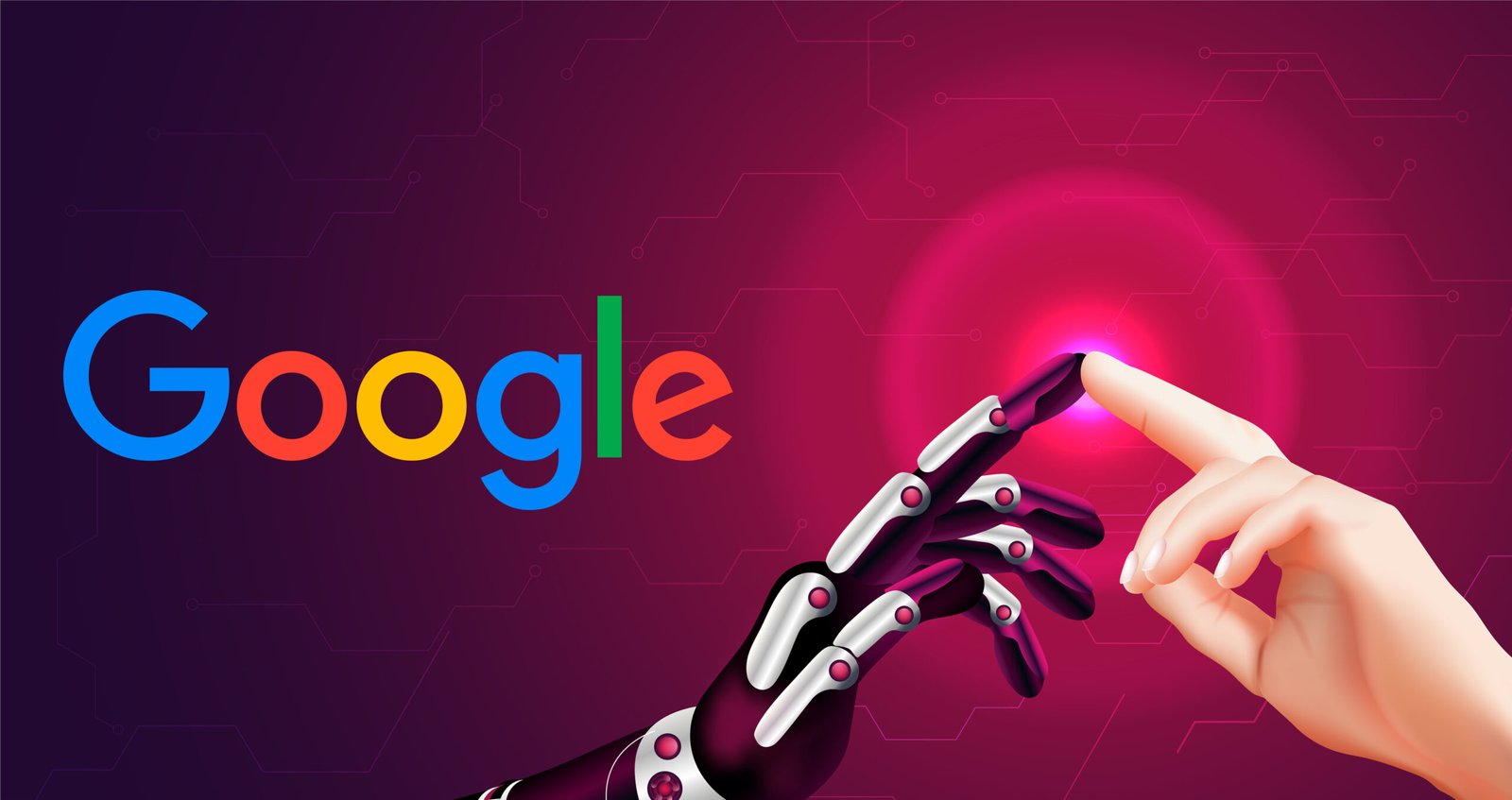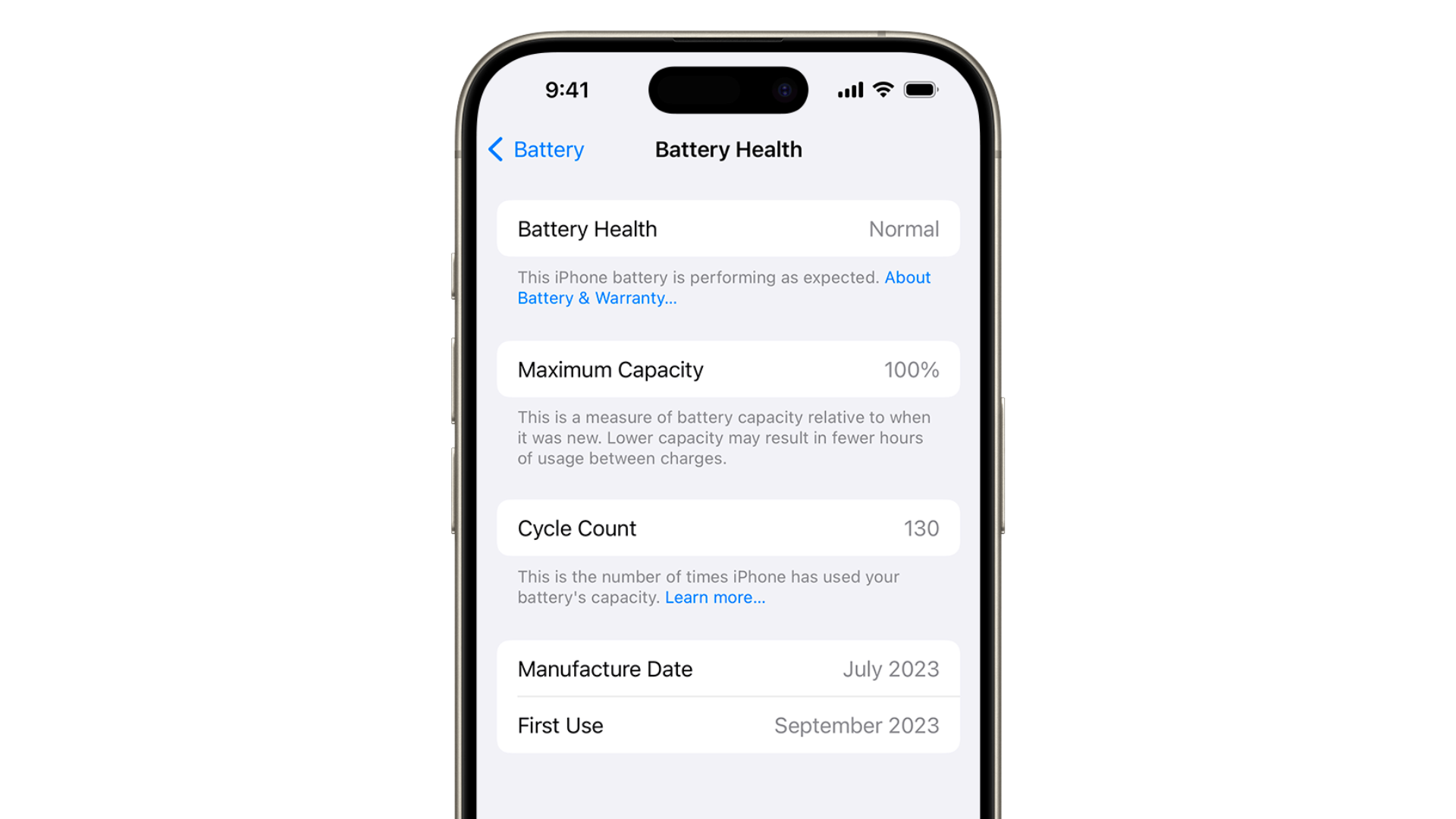Google has made significant strides in the realm of artificial intelligence (AI) by releasing new technologies designed to enhance the performance and capabilities of AI chatbots. The introduction of PaLM 2 and Gemini represents Google’s commitment to pushing the boundaries of AI chatbot functionality, offering more sophisticated, versatile, and efficient solutions for developers and users alike.
Key Highlights:
- Google announced PaLM 2 at Google I/O, a Large Language Model (LLM) rivaling OpenAI’s GPT-4, designed to power conversational AI with capabilities in creative writing, text analysis, coding, and more.
- PaLM 2 is integrated into Sendbird’s chatbot API, expanding the flexibility and potential of conversational AI chatbots in web and mobile applications.
- Google’s new AI tool, Gemini, excels in math, coding, and reasoning tasks, setting a new standard for AI capabilities and application integration.
- Gemini and PaLM 2 are part of Google’s strategy to compete with leading AI technologies and offer developers and businesses advanced tools for creating AI-driven applications.
Google’s latest announcements at Google I/O have positioned the company at the forefront of conversational AI technology. PaLM 2, the newly released Large Language Model, directly competes with OpenAI’s GPT-4 by extending the quality of conversational answers and supporting creative applications beyond the capabilities of its predecessor, LaMDA. This new model powers Bard, Google’s experimental conversational AI service, and is designed to improve upon the limitations observed in earlier versions of Google’s AI offerings. PaLM 2 aims to provide a more dynamic, engaging, and accurate conversational experience, targeting a wide range of applications from creative writing to complex problem-solving.
In addition to PaLM 2, Google has unveiled Gemini, a sophisticated AI software claimed to surpass existing AI programs in math, coding, and reasoning tasks. Gemini represents Google’s effort to address the growing demand for AI tools that offer more than just text generation, by providing nuanced understanding and problem-solving capabilities. This technology integrates with Bard, enhancing Google’s chatbot offerings and providing a solid foundation for future AI developments. Gemini’s launch is a response to the competitive pressure from other tech giants and aims to secure Google’s position in the rapidly evolving AI landscape.
To leverage these advancements, developers can integrate PaLM 2 into their chat applications through Sendbird’s chatbot API, which now supports both Google’s and OpenAI’s models. This integration offers unprecedented flexibility, enabling the creation of more personalized and engaging chatbot experiences. Furthermore, Gemini’s introduction into Google’s ecosystem promises to elevate the capabilities of Google’s AI chatbots, making them more versatile and effective tools for a wide range of applications.
These developments signify a major leap forward in conversational AI, offering businesses and developers new opportunities to enhance their applications with sophisticated AI functionalities. Google’s strategy reflects a broader industry trend towards more advanced, versatile AI tools that can understand and interact with users in more meaningful ways. As AI technology continues to evolve, the focus on creating models that can handle a broader array of tasks with higher accuracy and efficiency remains paramount.
The release of PaLM 2 and Gemini by Google marks a significant milestone in the AI chatbot arena, showcasing the company’s dedication to innovation and its commitment to providing powerful tools for the development of next-generation AI applications. This move not only enhances Google’s competitive edge but also opens up new possibilities for businesses to explore innovative AI-driven solutions. As the AI landscape continues to evolve, the implications of these advancements on the future of technology and human interaction are profound, setting the stage for a new era of digital communication and intelligence.


















